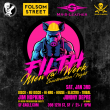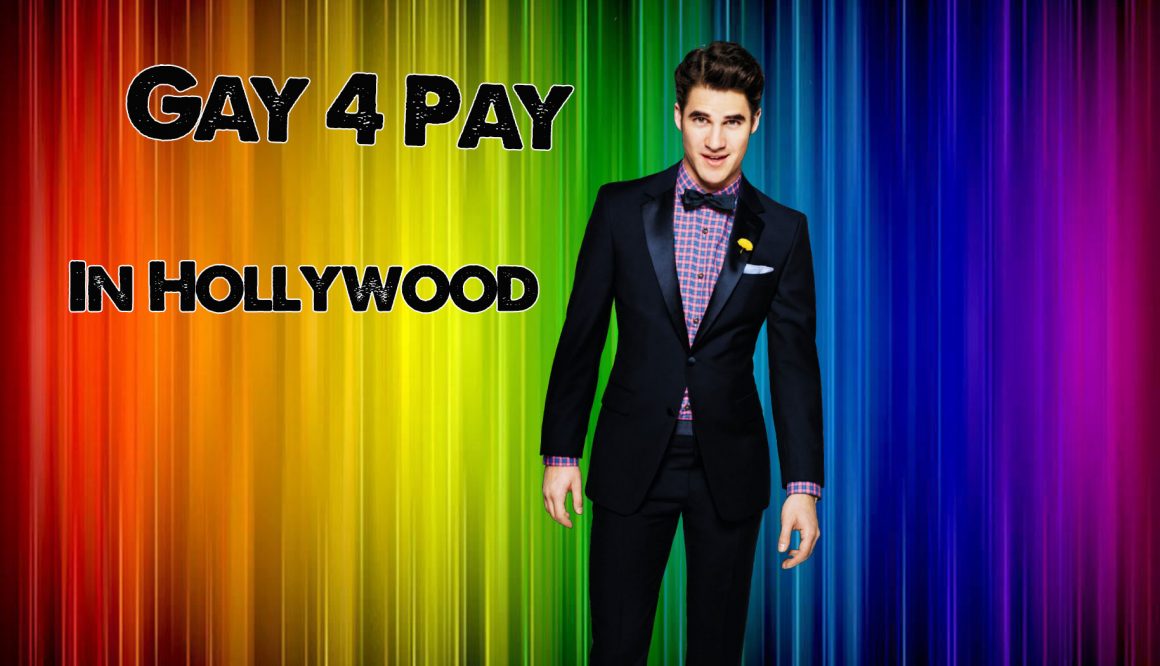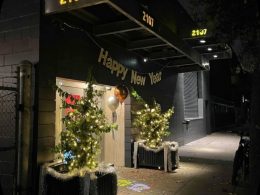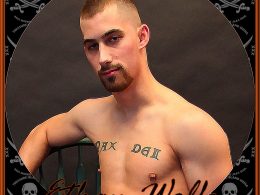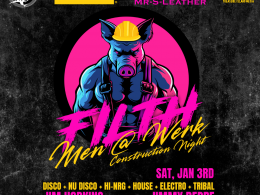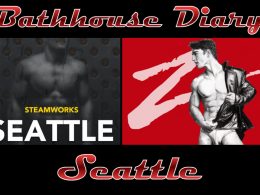LGBT people are demanding more representation in mass media. Hollywood listened… in a way, but clearly, LGBT people should have been more specific.
At issue is a disproportion of queer roles going to straight actors and actresses. The uproar isn’t unreasonable: we’re at a point in our history where we can find LGBT actors who are open and willing to take the roles.
Let me take you back in time a few decades. Remember Linda Gray, the actress who portrayed the iconic Sue Ellen Ewing on Dallas? Well, one of her first TV roles was on a short lived Norman Lear sitcom All That Glitters. Her role was of a man who had decided to transition to life as a woman – likely the first explicitly mentioned storyline of a transgender person on television.
Why not hire a trans actor? Simply put, it would have been damn near impossible to find anyone who would admit to being transgender (“transsexual” was the term popular in the day). In fact, only this past month did we learn that Michael D. Cohen, an actor on a Nickelodeon series, is a trans man, having lived that part of his life in secret for more than 20 years.
Billy Crystal played Jodie Dallas, the first openly gay TV character on Soap in the late 70s. The role was problematic in many ways, the first being the character was introduced as a cross-dresser. Jodie then contemplated a sex change operation after a failed gay relationship, only to be coaxed out of it by a straight woman… who he later fell in love with. Sexuality stopped being a plot point with him at that point.
And once again – straight cis man playing the role. And on the opposite end of the spectrum, flamboyant actors Paul Lynde, Jim J Bullock, among others, played straight men throughout the 70s and 80s.
Then along came the ‘90s, and with Ellen leading the charge, gay actors felt safe enough to live their lives openly and honestly… but studio executives didn’t respond in kind. Ellen was swiftly canceled, and the most lauded show with a gay man in the era, Will & Grace, had a straight man cast in the title male role.
During that time we had Tom Hanks in Philadelphia, Jake Gyllenhal and Heath Ledger with Brokeback Mountain. Suddenly gay storylines became a regular feature of broadcast television. LGBTs became better represented as a culture… but they were mostly being played by straight people. That’s not to say their performances were bad. It’s just a problem of ‘how can you play us if you haven’t been through what we’ve been through?’
We’re now deep into the 2010s, and LGBT actors are plentiful – so why are queer actors like Billy Porter still taking straight actors to task for “stealing” roles out of their hands?
Put the blame on casting directors and studio heads. They’re the employers, essentially, and the ones who make those choices. They have every chance to take a deeper look into the casting pool but instead go for big, well-known names because of the guarantee of profit.
But the straight/cis actors have a bit of responsibility as well. They should be allies to their brothers and sisters in the actors’ union and step up for better representation by the people who really know the roles because they live it.
Applause has to go to actors like Darren Criss, late of Glee and American Crime Story: The Assassination of Gianni Versace. He has gone on record as saying he will no longer accept queer roles to give LGBT people a better chance at landing the parts themselves. And that’s great – the more vocal the support, the better chance we have of progression.
And, for the life of me, I didn’t know that man was straight…





